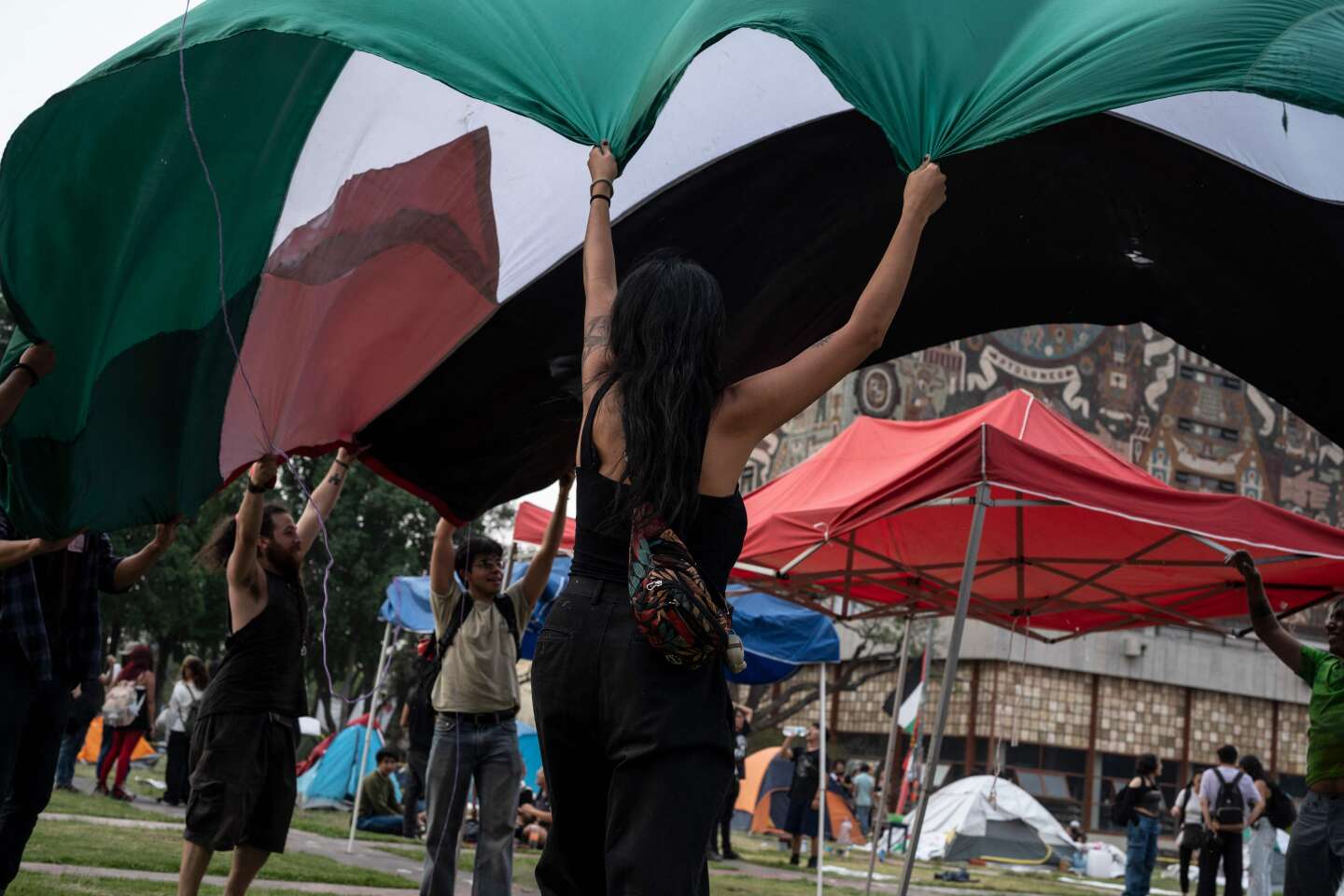


Can a two-state solution in Israel-Palestine still be reached and under what conditions would it be viable? A word of optimism first: There are many citizen peace movements in both Israel and Palestine who tenaciously and imaginatively advocate peaceful, democratic solutions. Unfortunately, these groups are in a minority, and without powerful external support they have little chances of prevailing.
To break the stalemate, it's time for the European Union and the US, which between them absorb almost 70% of Israeli exports, to match rhetoric with action. If Western governments truly support the two-state solution, then sanctions must be imposed on the Israeli government, which is openly trampling all peaceful prospects by pursuing settlement and repression and opposing recognition of the Palestinian state.
In other words, military aid must stop, and above all the US and Europe must hit Netanyahu and his allies in the wallet. This means introducing trade and financial sanctions, gradually increasing to dissuasive levels. The academic boycott of universities that has been started will not be enough, and may even prove counter-productive. It is often on campuses that the main opponents of the Israeli right can be found, and in many cases the right will be delighted to weaken them and cut them off from the outside world. At the same time as imposing sanctions on Israel, Europe and the US must put in place implacable and dissuasive sanctions against Hamas and its external supporters, and decisively strengthen representative and democratic Palestinian organizations.
Huge challenges
This major external involvement, which ideally should bring together Western countries and a coalition of countries from the South, is all the more essential given that no two-state solution will be possible without a strong confederate structure – a form of Israeli-Palestinian union, similar to the European Union – covering both states and guaranteeing a certain number of fundamental rights. The two territories and populations are deeply intertwined, due to the scale of Jewish settlement in the West Bank, the large number of Palestinian workers employed in Israel with family ties to Israeli Arabs, and the non-contiguity of the Palestinian territories. To begin with, the Israeli-Palestinian union would have to guarantee freedom of movement and establish a minimum basis of social and political rights for Israelis living or working in Palestine, as well as for Palestinians living or working in Israel. One of the most successful projects along these lines is that developed by the remarkable Israeli-Palestinian citizen movement A Land for All, too often ignored abroad.
You have 49.63% of this article left to read. The rest is for subscribers only.
